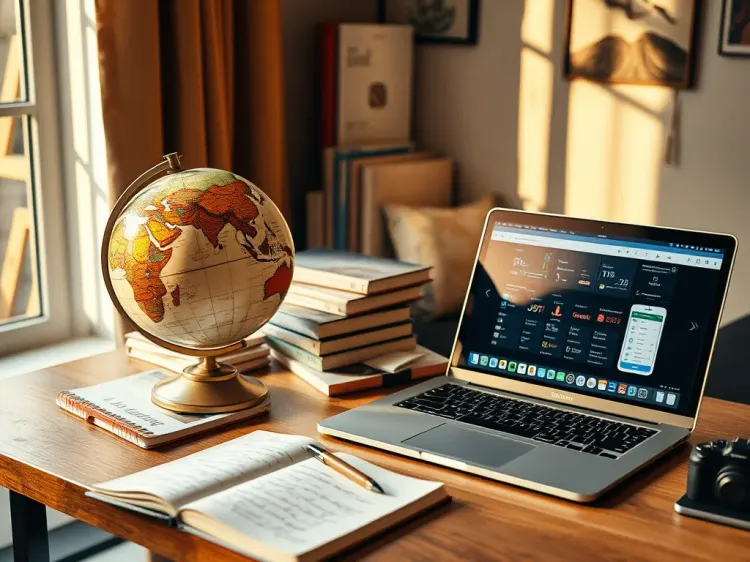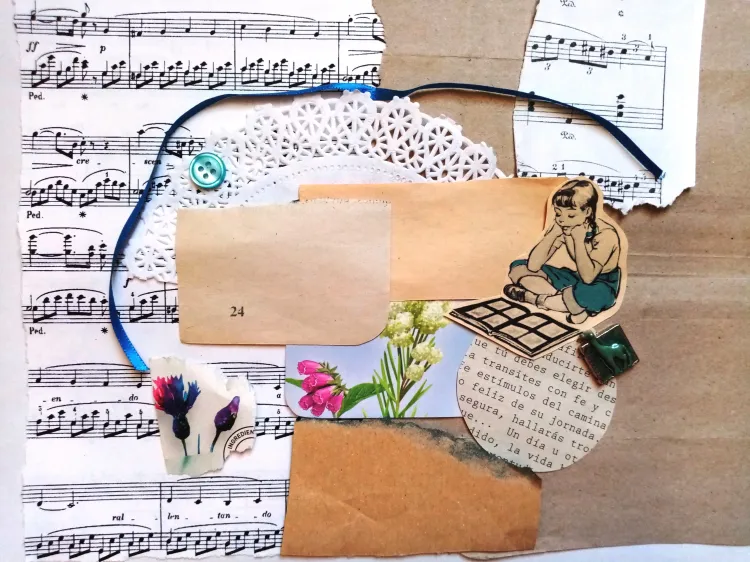Is multipotentiality the new normal?
Every time I know about someone doing something totally unexpected, I feel a boost of inspiration. A relief: the freedom to embrace change, explore new paths and have fun learning things.
I would like to say that there are very few inspiring humans like this, but actually, it's very common.
Throughout my life, I've met many different people with different backgrounds and a variety of unexpected hobbies and vocations.
For example:
I've known doctors who compose music and sing, accountants doing landscaping and writing books, musicians who code, programmers who write, lawyers teaching languages, pedagogues as touristic guides, athletes who transition to music, nutritionists becoming interior designers, fashion designers becoming piano teachers; veterinarians doing all sorts of DIY, engineers switching to the touristic industry, and tourism experts switching to technology.
I could go on and on writing about all the people who have made an unexpected change in their lives.
I love it when we realize we are not tied to titles and labels. When we step into the unknown, try new things, follow the hint of curiosity that starts telling us: "What if..."
Well-rounded humans refresh with their free spirit, the society we live in. A society with reminiscences of hyperspecialization, individualism and niche-down culture.
Ironically, I studied the downsides of the specialization culture while studying Music at university, in a very focused way.
Since music always reflects what's going on in society, I find the following example a nice way to illustrate how "Society's" expectations change throughout time.
A little bit of music history
In the world of occidental classical music, during the Baroque and Classical era, musicians were educated very differently. One person could be a composer, improviser, performer, and director, all in one. The musical education was integral.
After centuries, during Romanticism, the focus on one role became common and continued in later eras. You could be a performer or a composer, a director or a teacher. Virtuosos emerged, and improvisation was reserved for jazz musicians.
Then, universities became increasingly popular, and even though many have a multidisciplinary approach, our identity in a specific discipline grew stronger.
That focused trend seems to still impact us in all disciplines, fields of study, and work.
The impact of hyperspecialization
This has led to professional identity crisis, a lot of over-thinking and the need to create new words.
Researchers and a variety of authors have coined new terms, like: Renassaince Souls, Scanners, Multiplicity/Hibridity, multitalented, multipotentiality.
All these terminologies release the tension of not being just one identity. They make us feel like we belong to a community of non-specialists.
But let's stop at "Renassaince Souls" (people with many passions). The term itself reminds us that society as a whole changes with time. It's a term that points out that values and expectations can be different across the centuries.
Some questions
But, what if being in constant change is the common state of human beings? Humans who embrace new possibilities and new disciplines. Humans with the freedom to explore new paths.
What if being in constant change will be the new normal? And being specialized will be written down in history books as a particular era that is ending in these years?
What about you, have you struggled with professional identity? Do you perceive society to push us to be just one thing or the opposite?
Our creative power
Creativity gives back our power to change the direction not only of our lives but our society too.
That's why, and for many other reasons, I'm trying to incorporate a more creative approach to my life. Painting, writing, improvising music in different styles, doing DIY projects; wondering what could be done differently in daily chores.
Let's embrace change in our lives, let's embrace a new perspective. We have the power to transform our society.
This article was first published on dypinto.blog



Member discussion